Tuesday, April 23, 2024
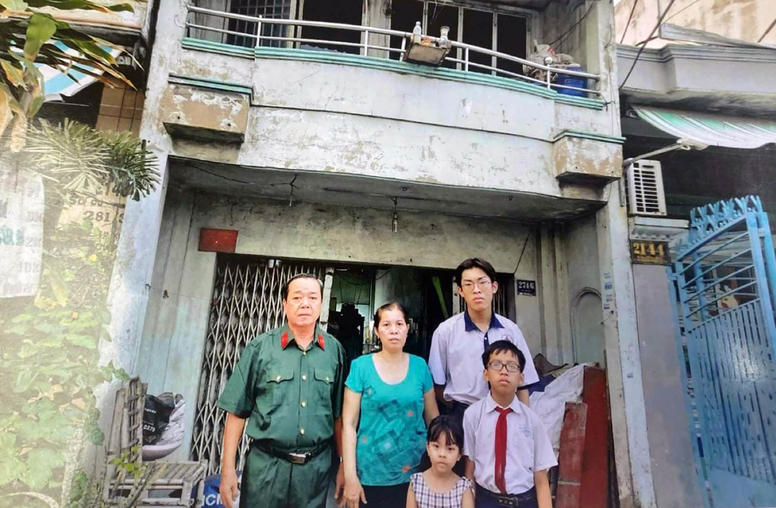
USIP Peace Teacher Highlights Vietnam Reconciliation with ‘Peace Homes’ Project
Across the country, teachers are teaming up with USIP to integrate peacebuilding into their curriculum. One of these peace teachers, Erin Sullivan, and her student Michelle Mao discuss how their school in Wilmington, Delaware, recently worked with The 2 Sides Project on its “peace homes” rehabilitation program in Vietnam, which connects donors with Vietnamese families in need of major renovations or a completely new home. Together, they raised the money needed to help renovate the flood-prone home of the Cong family in Ho Chi Minh City — and even donated extra funds to buy two desks for the family’s school-aged children.
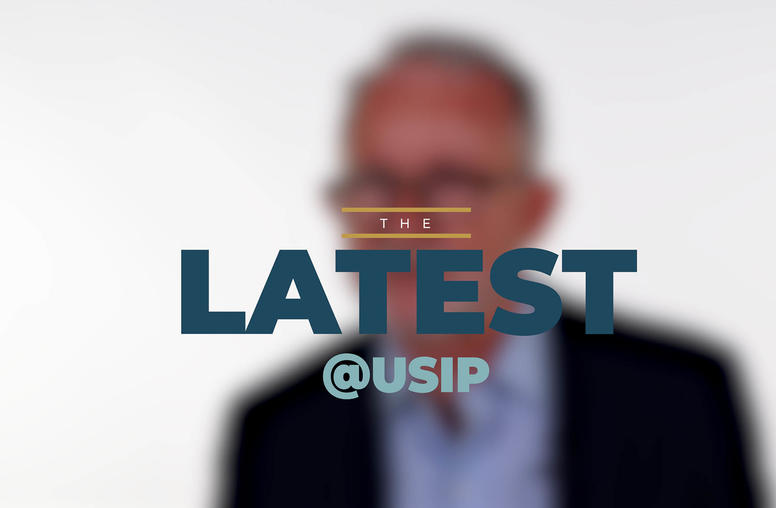
The Latest @ USIP: Documenting the Taliban’s Assault on Human Rights
Despite initial promises to the contrary, the Taliban have systematically stripped human rights protections from large swaths of the Afghan population — particularly women, minorities and children. With the gains of the last two decades nearly wiped out, accountability for human rights abuses will be a major factor in the international community’s policy toward the Taliban going forward. Richard Bennett, the U.N. special rapporteur for human rights in Afghanistan, explains why documentation is the first and most important step in upholding human rights; discusses various forms of accountability for human rights abuses; and offers ways that Afghan and international human rights advocates can contribute to this crucial work.
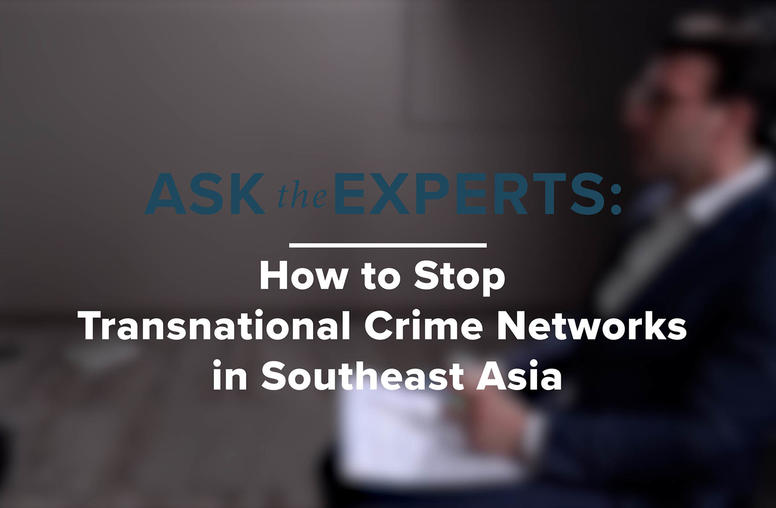
Ask the Experts: How to Stop Transnational Crime Networks in Southeast Asia
In recent years, transnational criminal networks have built a web of influence throughout Southeast Asia to facilitate their illicit gambling, fraud and human trafficking operations. And while these networks emanate from several countries in the region — particularly Myanmar — their reach is global. In the United States alone, victims have already lost several billion dollars to scams. USIP’s Andrew Cheatham and Jason Tower discuss how these large-scale networks operate, how the 2021 military coup in Myanmar offered the networks a safe haven for their illicit activities, and how the United States can take the lead on addressing this issue.
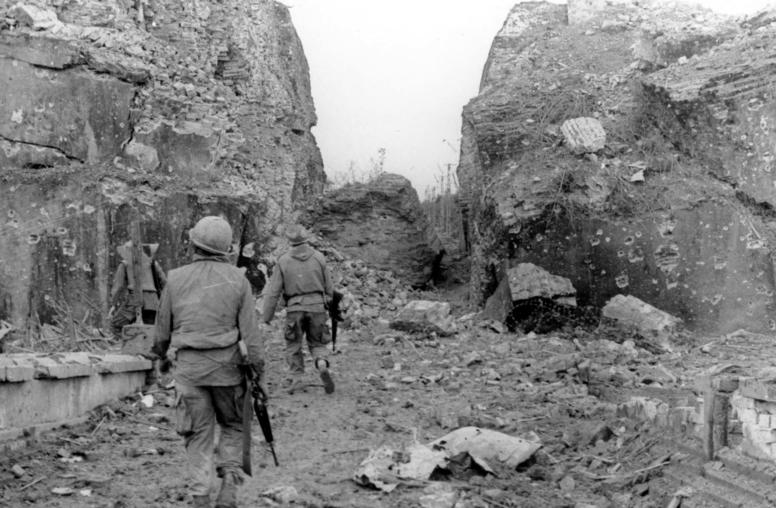
A Vietnam Veteran’s Fight—for Dignity and Peace
In 1967, America was racing the Soviet Union into space, debating war in Vietnam and dancing to Aretha Franklin’s “Respect.” John Lancaster graduated that spring from the University of Notre Dame. Having studied on a Navy ROTC scholarship, he took a commission in the Marine Corps. After several more months of training, Second Lieutenant Lancaster landed at Da Nang airport amid the Vietnam War’s bloodiest battle: the 1968 Tet Offensive by the North Vietnamese and Viet Cong forces.
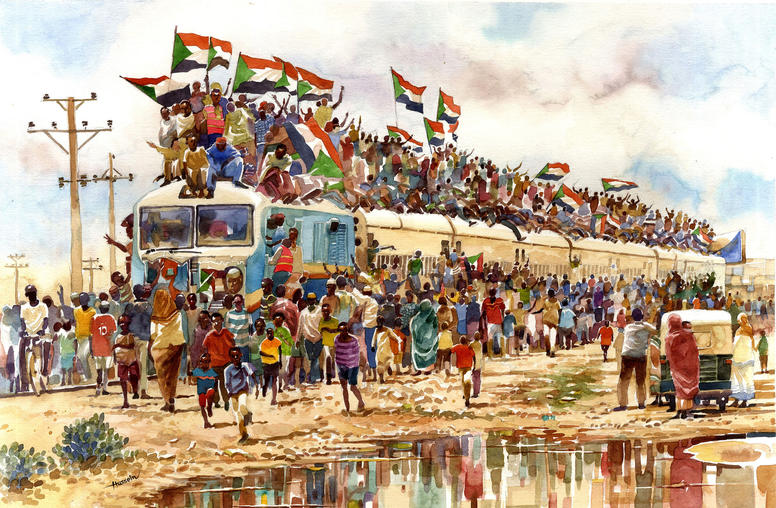
How Art Helped Propel Sudan’s Revolution
During Sudan’s 2019 revolution—as people mobilized across the country with tactics including sit-ins, marches, boycotts, and strikes—artists helped capture the country’s discontent and solidify protesters’ resolve. In particular, artists became an integral part of the months-long sit-in at the military headquarters in Khartoum, which was known as the heart of the revolution until it was violently dispersed by paramilitary forces on June 3, 2019. This immense expression of creativity was both a result of loosening restrictions on freedom of expression and, at the same time, a catalyst for further change.
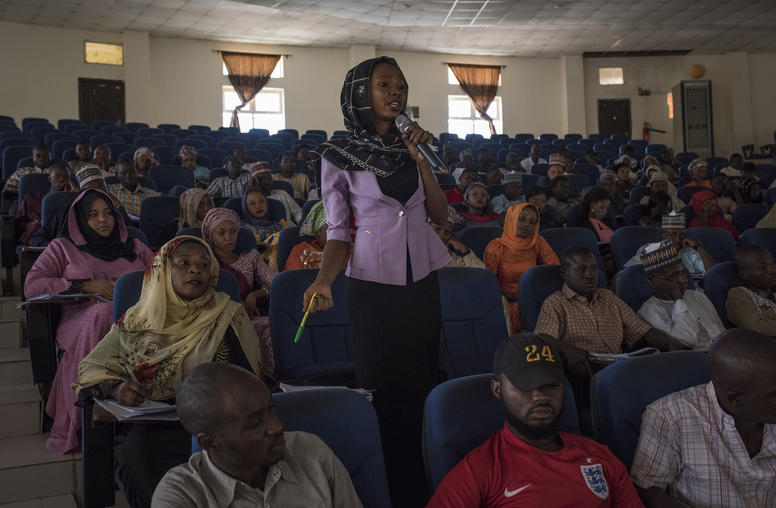
Nigeria: Police in Jos Adapt to COVID-Driven Rise in Sexual Violence
Ten months since the coronavirus first emerged, communities around the world still face stay-at-home orders, school closures, and travel restrictions. These policies have led to increased sexual and gender-based violence. While the U.N. secretary-general and heads of state have paid unprecedented attention to this issue, translating political rhetoric into action has proven more difficult. As the pandemic drags on, governments, security actors, and civil society need to rethink how to protect women and girls during lockdowns. While the situation is dire, an opportunity does exist. In Nigeria, where massive protests against police brutality broke out in October, civil society and police are adapting their efforts to address both gender-based violence and the pandemic.
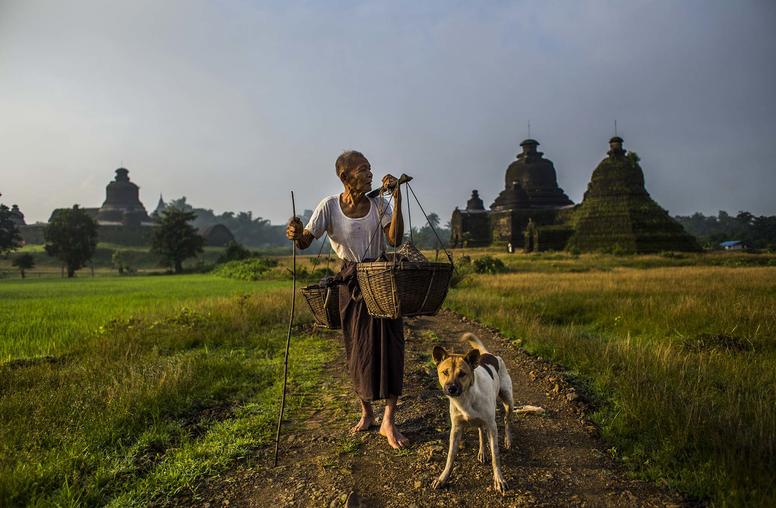
Visions for Peace in Burma
Burma has faced various ethnic conflicts since shortly after its independence in 1948. In that time, five different peace efforts have failed, leaving Burma in what constitutes the world’s longest running civil war. However, since the country’s November 8 elections, there has been a flurry of meetings between ethnic-armed organizations and the military, known as the Tatmadaw. These unexpected talks are the first signs of progress toward a resolution of the seemingly intractable war—that is, if the sides can learn from the past and create a fresh, inclusive renewal of the peace process that draws on the country’s diverse voices advocating for peace.

The Latest on the Israeli-Palestinian Conflict: 4 Key Issues
Recent events, including the turmoil in East Jerusalem and the 11-day war in Gaza, have forced the Israeli-Palestinian conflict back to the forefront of international attention. USIP’s Lucy Kurtzer-Ellenbogen and Ambassador Hesham Youssef discuss big-picture trends they have been following, including shifting support for a two-state solution, the future of the Oslo framework, the role of the United States and the international community, and what might move the needle for peace.
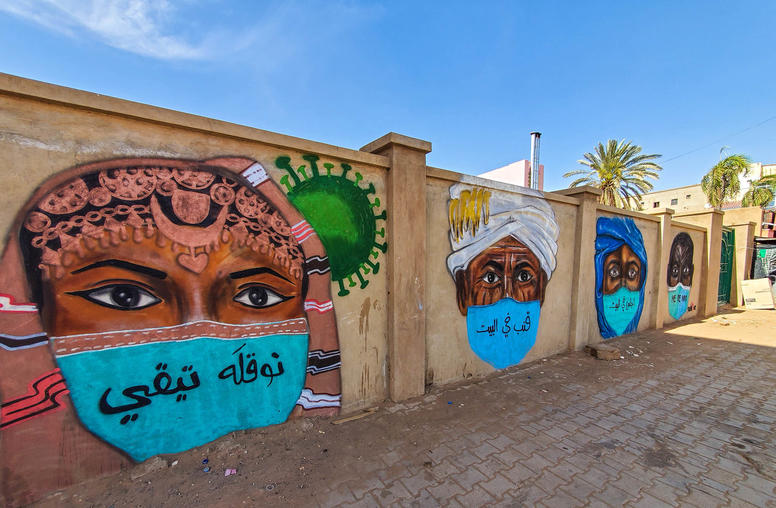
Building a Peaceful Africa Through Arts, Culture and Heritage
Across the continent, Africans are increasingly using the arts to reimagine their world and reclaim public space to reflect on what a more peaceful and prosperous Africa could look like. Indeed, the African Union (AU) has prioritized art for only the second time in its history with its 2021 theme, “Arts, Culture and Heritage: Levers for Building the Africa We Want.” Leaders are hopeful that by channeling this surge in artistic expression, they can help create conditions to deliver peace to conflict-prone regions of the continent and implement the goals of the AU’s Agenda 2063 and the U.N. Sustainable Development Goals.
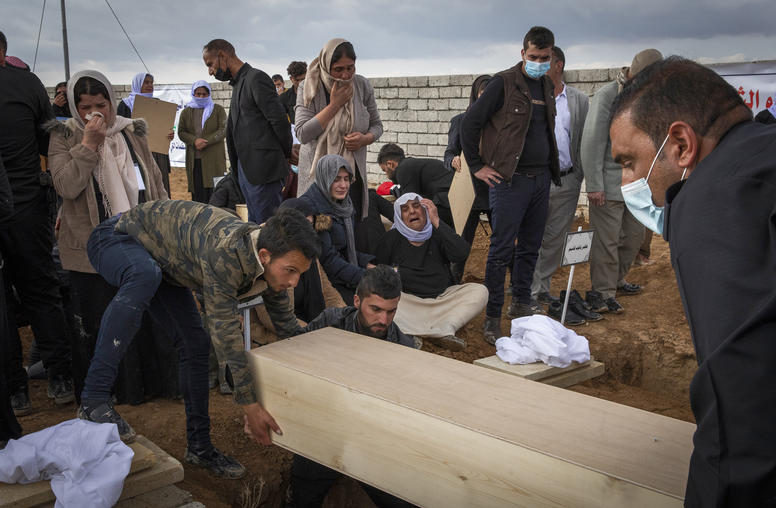
Why Is There No Global Effort to Find the Missing Yazidis?
When Pope Francis visited Iraq this year, he met and prayed with religious communities across the country’s spectrum of faiths. Among the wounds he sought to heal, one remains massive and unaddressed: the 2,763 Yazidi women and children kidnapped seven years ago by ISIS whose fates remain unknown.
